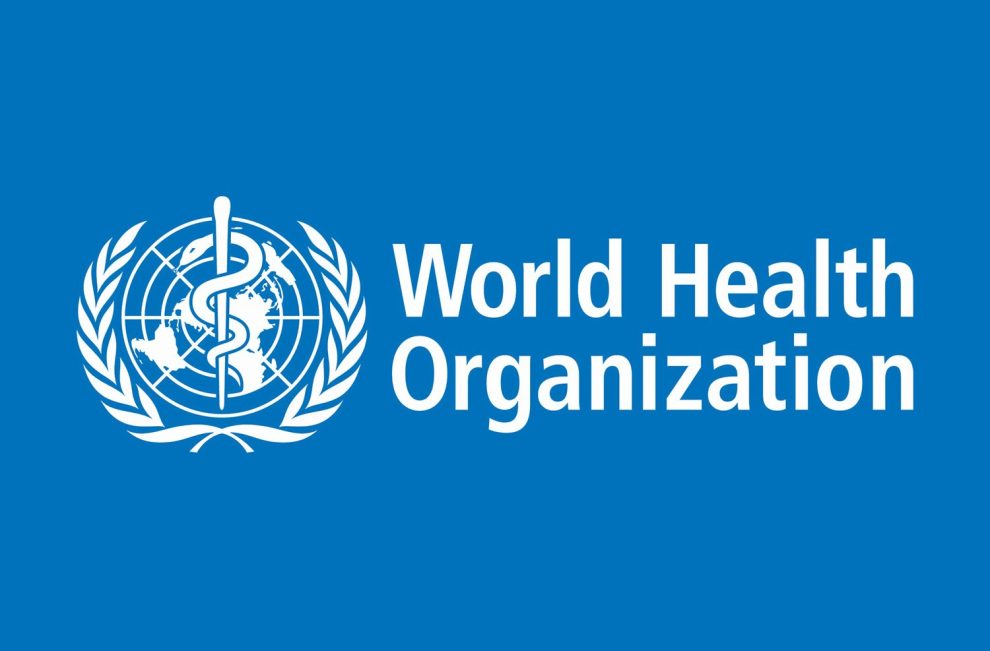New Delhi: Brazil’s health minister resigned within a month on the job in a sign of continuing chaos over how the nation should battle the coronavirus pandemic.
He quit a day after President Jair Bolsonaro stepped up pressure on him to expand use of the antimalarial drug chloroquine in treating patients.
Dr Nelson Teich, an oncologist and health care consultant, took the job on April 17, faced with the task of aligning the ministry’s actions with the president’s view that Brazil’s economy must not be destroyed by restrictions to control spread of the virus.
Teich’s predecessor, Luiz Henrique Mandetta, also had rejected the use of chlorooquine, which also had been touted by US President Donald Trump as a treatment.
Officials say more than 13,000 people have died in Brazil from Covid-19, the disease caused by the coronavirus, though some experts say the figure is significantly higher due to insufficient testing. The peak of the crisis has yet to hit Latin America’s largest nation, experts say.
General Eduardo Pazuello, who had no health experience until he became the Health Ministry’s No. 2 official in April, will be the interim minister until Bolsonaro chooses a replacement.
Brazilian media have said that Teich’s ability to do his job had been weakened by the appointment of dozens of military personnel to jobs in the ministry.
“Life is made up of choices and today I decided to leave,” Teich told journalists in capital Brasilia. He did not explain why he left the job and refused to answer questio
Teich’s resignation came one day after Bolsonaro told business leaders in a video conference he would ease rules for using chloroquine to treat people infected with the coronavirus. Teich has frequently called use of the drug “an uncertainty”, and this week warned of its side effects.
The Health Ministry previously allowed chloroquine to be used in coronavirus cases only for patients hospitalised in serious condition.
At Bolsonaro’s urging, the country’s Army Chemical and Pharmaceutical Laboratory boosted chloroquine production in late March.
Researchers last month reported no benefit in a large analysis of the drug or a related substance, hydroxychloroquine, in US hospitals for veterans. Last month, scientists in Brazil stopped part of a study of chloroquine after heart rhythm problems developed in one quarter of people given the higher of two doses being tested.
Governors who have recommended quarantine measures and refrained from touting the drug’s unproven potential said Teich’s resignation reflects Bolsonaro’s failure to manage the pandemic.
Health professionals hold balloons before releasing them to honour health workers who have died of Covid-19 in Brazil.
Rio de Janeiro Governor Wilson Witzel, a former ally of Bolsonaro, said “no-one can do serious work with interference in ministries.”
“That is why governors and mayors need to lead the pandemic crisis, and not you, Mr. President,” Witzel said on Twitter.
The governor of Ceara, one of Brazil’s most hard-hit states, said Teich’s exit “brings enormous insecurity and concern”.
“It is unacceptable that in the face of this serious health crisis, the focus of the government is still on political and ideological discussions. That is an affront to the nation,” Camilo Santana said.
On April 16, Bolsonaro fired Teich’s predecessor, Mandetta, who had become the embodiment of challenges to the president’s opposition to governors’ quarantine recommendations and restrictions on businesses. Bolsonaro was eager to resume economic activity and warned failure to do so would cause Brazil to descend into “chaos”.
Teich took office pledging to balance health care concerns and the president’s economic worries. He did not openly challenge the president’s views, but did defend stay-at-home measures.
Miguel Lago, executive director of Brazil’s non-profit Institute for Health Policy Studies, which advises public health officials, said Teich wasn’t able to build his own team, didn’t have Mandetta’s political strength and wasn’t willing to violate the scientific recommendations.
“He clearly had limitations,” Lago said. “He would not challenge what has been consensus among the scientific community. He would never accept the chloroquine thing that Bolsonaro wanted him to do, to recommend publicly that chloroquine was a remedy to be used in the public health system.”
Many people have been critical of President Jair Bolsonaro’s failure to manage the pandemic in Brazil.
Hours after Teich left the job, the Health Ministry began listing figures on chloriquine distribution as part of its main charts about government initiatives against the pandemic, alongside intensive care unit beds, personal protection equipment, tests and flu vaccines.











